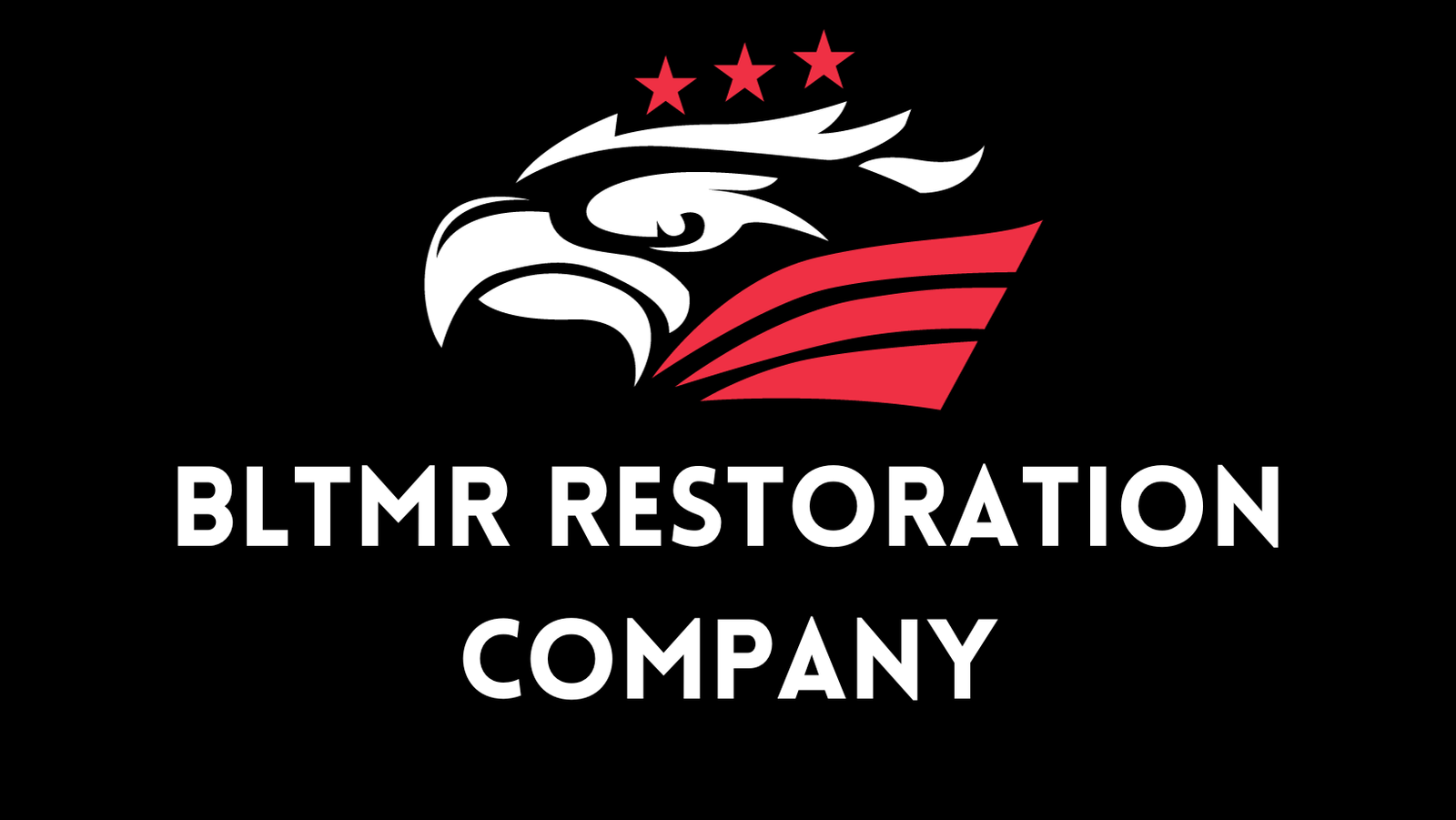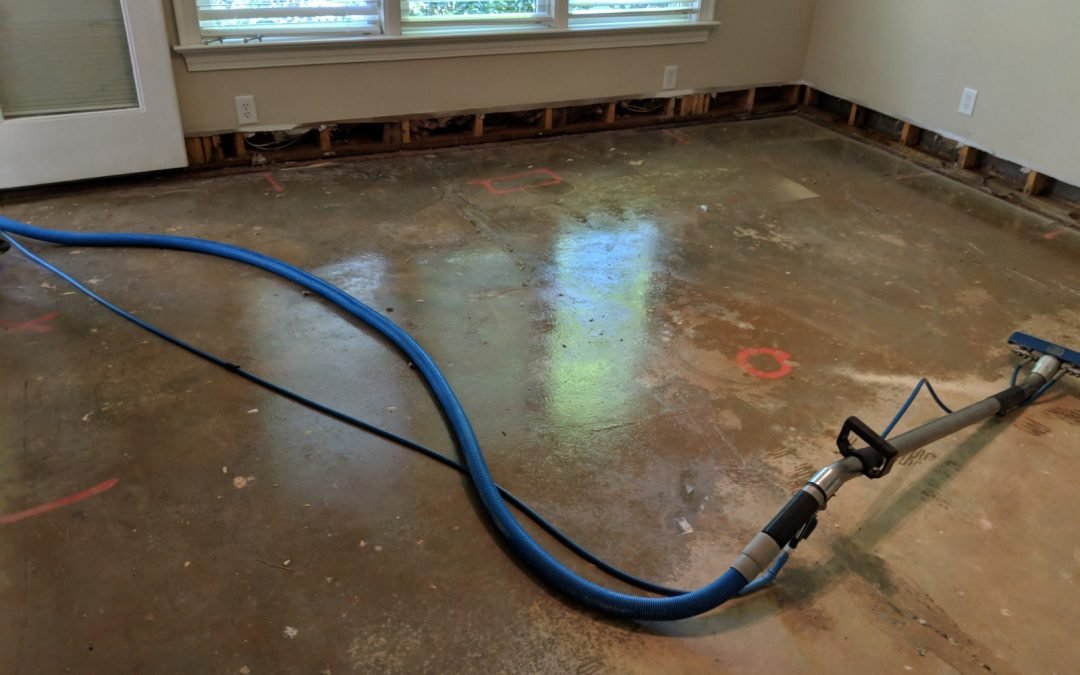Water is essential to life, but it can cause costly damage if it’s not treated properly. Hard water is a common problem in many households and its effects on plumbing and appliances may be significant. It is important for homeowners to understand how hard water damages these systems so they can take the necessary steps to prevent its impact. This article will discuss how hard water causes long-term harm to both plumbing and appliances in the home and what solutions are available to reduce its consequences.
Hard water contains minerals such as calcium, magnesium carbonate, and sulfates which make up most of its composition. These minerals form deposits inside pipes and fixtures, reducing flow rate or even blocking them completely over time. In addition, hot water heaters that use hard water experience decreased efficiency because sediment builds up quickly around heating elements reducing their effectiveness. Furthermore, these mineral deposits also corrode metal components making them more susceptible to leakages and other failures.
The damaging effects of hard water extend beyond just plumbing; it can affect household appliances like dishwashers, washing machines, coffee makers, ice makers etc., by causing scale buildup within the internal parts resulting in reduced performance or complete failure. Although some appliance manufacturers have designed models with built-in protection from limescale buildup due to hard water exposure, this does not guarantee that all components will remain unscathed over time. Therefore, understanding the potential risks associated with hard water is key for protecting valuable investments in one’s home.
What Is Hard Water?
Hard water is a term used to describe water that contains high levels of calcium and magnesium ions. It originates from surface runoff, or when rainwater passes through soils containing limestone, chalk, gypsum, and other minerals. This type of water can have various effects on plumbing and appliances due to its mineral content.
When hard water is heated during use in showers, washing machines, dishwashers etc., the dissolved mineral salts form deposits inside pipes and on surfaces such as taps, shower heads and boilers. These deposits are known as limescale and can lead to blocked drains, reduced efficiency of hot water systems and corrosion of metal parts over time. Additionally, lime scale buildup reduces the amount of heat transfer which leads to higher energy bills.
Damage Risks to Plumbing and Appliances
Hard water can be highly damaging to both plumbing and appliances. Scaling, caused by mineral deposits from hard water, can accumulate quickly in pipes and fixtures, leading to clogs and decreased flow efficiency. This scaling decreases the lifespan of plumbing and fixtures due to corrosion or wear-and-tear which results in costly repairs or replacements. Hard water is also especially harmful for appliances that use heat like hot water tanks, washing machines, dishwashers, and boilers as it accelerates scale build up around heating elements within these systems. Over time this scaling blocks the release of heat necessary to keep these devices running efficiently. It may also cause components such as hoses or gaskets to deteriorate rapidly resulting in leaks. As a result of all these issues associated with hard water damage, homeowners will likely experience higher energy bills due to inefficient operation of their appliances and more frequent repair needs requiring extra costs on top of those incurred from replacing aging plumbing materials.
What To Do About Hard Water
Hard water can cause significant damage to plumbing and appliances. Therefore, it is important for homeowners to take steps to protect their homes from hard water’s damaging effects. The most effective way of doing this is by installing a whole-home water softener system in order to reduce the amount of minerals present in tap water. Water softeners work by exchanging sodium ions with calcium and magnesium ions, which helps to soften the water. This process will also help prolong the life of appliances such as dishwashers and washing machines since there are fewer mineral particles that could clog up pipes and hoses. Additionally, many home maintenance companies offer comprehensive evaluations of your home’s piping systems so they can determine if any additional measures need to be taken or if existing problems should be addressed before they become more serious over time. Finally, regular inspections of faucets, showers, toilets and other fixtures should be done at least every two years in order to ensure no buildup of residue has occurred due to hard water use. By taking these recommended actions, homeowners can mitigate the risks associated with hard water damage and maintain a healthy plumbing system for years to come.
Water Damage Mitigation and Restoration Specialists
Water damage mitigation and restoration specialists are highly trained experts in identifying, assessing, and rectifying the harm caused by hard water. They apply their knowledge to identify how hard water has affected plumbing systems, appliances, and other components of a home or commercial building. Furthermore, they can implement safe yet effective strategies that will restore these items back to optimal performance levels.
Specialists have access to advanced technologies such as high-resolution cameras for inspecting the inside of pipes; specialized cleaning solutions for removing stains from surfaces; thermal imaging for detecting temperature differences; and even robotic equipment for accessing tight spaces where manual labor is not feasible. The ultimate objective of these professionals is to deliver quality results while minimizing disruption to daily life during any necessary repairs. In addition, they offer guidance on ways to prevent similar problems from occurring in the future through proper maintenance practices and installation of protective devices.
Conclusion
When dealing with existing hard water damage, it’s important to contact specialists who understand how to mitigate and restore affected areas safely. These experts have access to specialized equipment which helps them identify problem points quickly and effectively prevent further damage from occurring.
Contacting a professional at the first sign of trouble can save time, money, and aggravation down the line.

